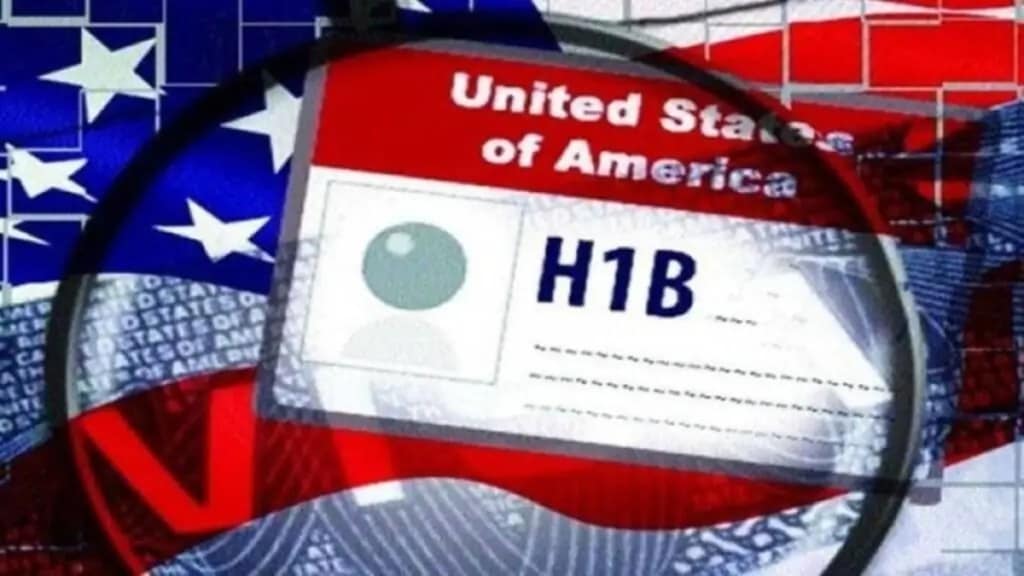U.S. Citizenship and Immigration Services has received enough petitions to reach the congressionally mandated 65,000 H-1B visa regular cap and the 20,000 H-1B visa U.S. advanced degree exemption, known as the master’s cap, for fiscal year 2026.
H-1B Exempt Petitions
USCIS will continue to accept and process petitions that are otherwise exempt from the cap. Petitions filed for current H-1B workers who have been counted previously against the cap, and who still retain their cap number, are exempt from the FY 2026 H-1B cap.
H-1B Petitions
USCIS will continue to accept and process petitions filed to:
Extend the amount of time a current H-1B worker may remain in the United States;
Change the terms of employment for current H-1B workers;
Allow current H-1B workers to change employers; and
Allow current H-1B workers to work concurrently in additional H-1B positions.
U.S. businesses use the H-1B program to employ foreign workers in specialty occupations.
In May, U.S. Citizenship and Immigration Services informed that it has received enough electronic registrations for unique beneficiaries during the initial registration period to reach the fiscal year (FY) 2026 H-1B numerical allocations (H-1B cap), including the advanced degree exemption (master’s cap).
USCIS had randomly selected enough beneficiaries with properly submitted registrations projected as needed to reach the H-1B cap and had notified all prospective petitioners with selected beneficiaries that they are eligible to file an H-1B cap-subject petition for such beneficiaries.
In total, USCIS selected 118,660 unique beneficiaries, resulting in 120,141 selected registrations in the initial selection for the FY 2026 H-1B cap.
However, during the registration period for the FY 2026 H-1B cap, USCIS saw a significant decrease in the total number of registrations submitted and eligible beneficiaries compared to FY 2025. There was also a decrease in the number of registrations submitted on behalf of beneficiaries with multiple registrations.
The Immigration Act of 1990 established a 65,000 annual limit on new H-1B petitions. In 2004, Congress raised the H-1B annual limit to 85,000 by exempting 20,000 individuals a year who earned a master’s degree or higher from a U.S. university.
